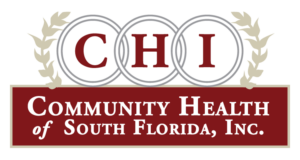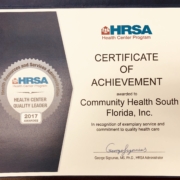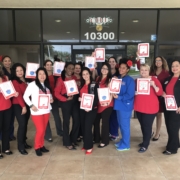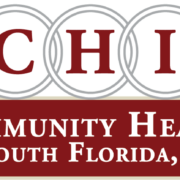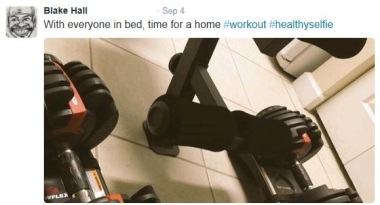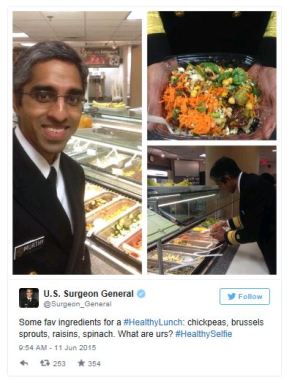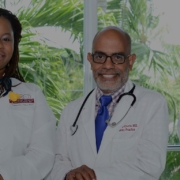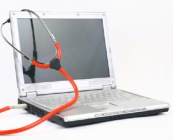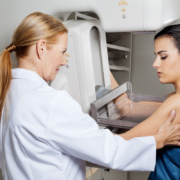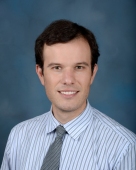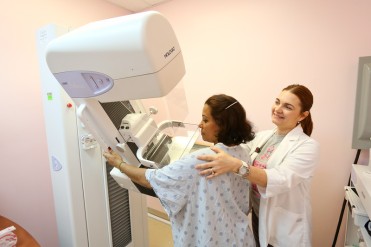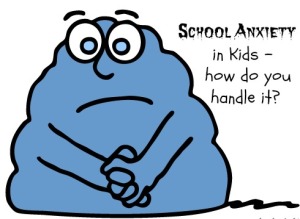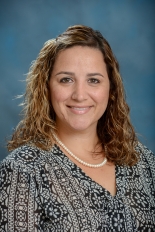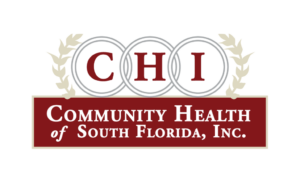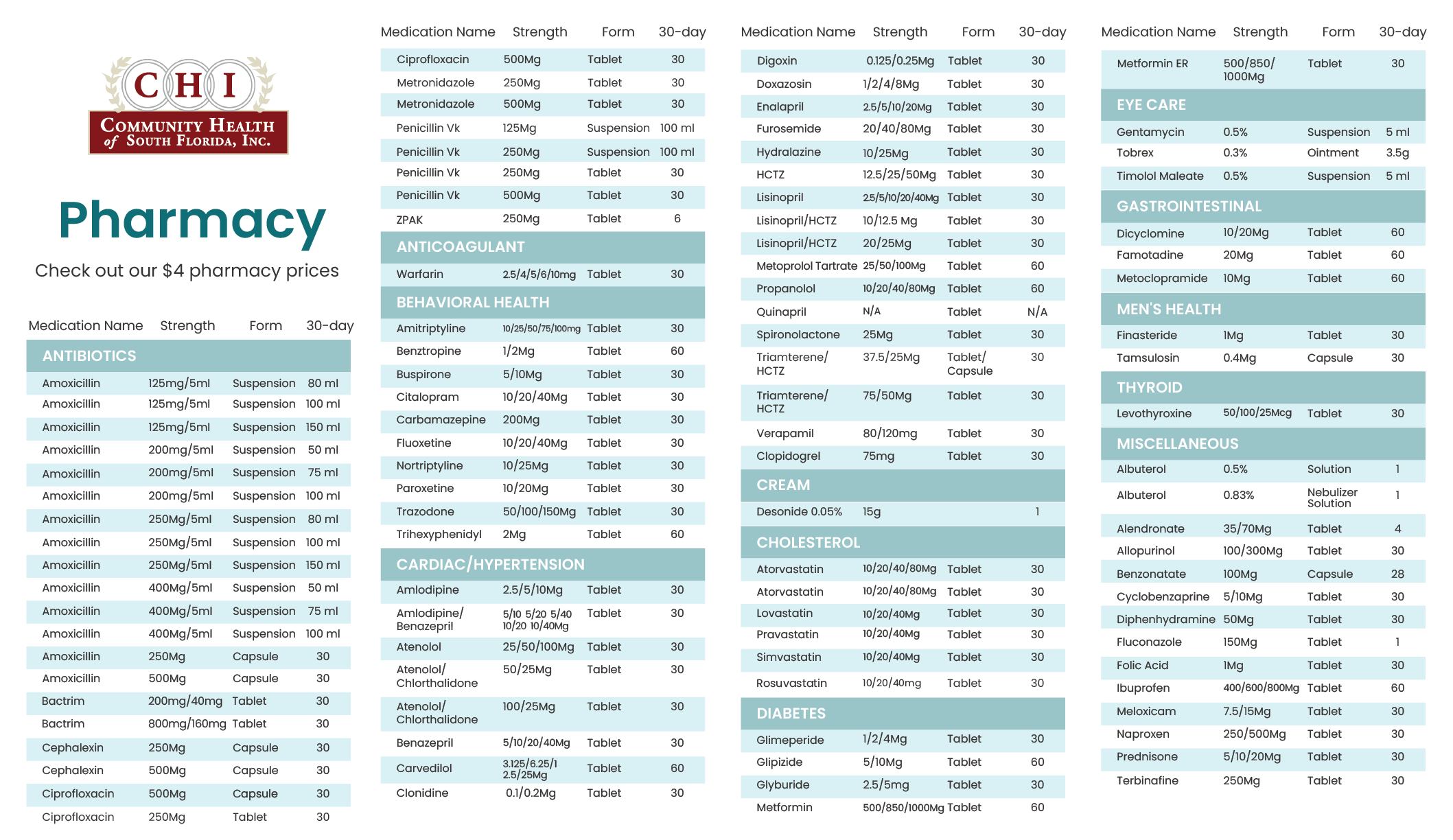CHI RECOGNIZED AS HEALTH CENTER QUALITY LEADER WITH HRSA AWARD
Community Health of South Florida, Inc. (CHI) is recognized by the U.S. Department of Health and Human Services (HRSA) as a “Health Center Quality Leader.” CHI received the award for placing among the top 30 percent nationwide in clinical quality measures.
“This award shows our commitment to providing top quality care,” said Brodes H. Hartley Jr., President/CEO at CHI. “Our patients can expect that we will always go above and beyond to strive for the best outcomes so that they can lead healthy lives.”
HRSA awarded the designation by comparing CHI’s clinical quality measures to more than 13,000 other health centers throughout the United States.
“Thank you for your commitment to providing quality primary health care services to your community,” wrote George Sigounas, MS, Ph.D, HRSA Administrator in a letter accompanying the award.
Community Health of South Florida Inc. (CHI) started out as a beacon of hope for the uninsured more than 45 years ago. Today, it has grown into a comprehensive nonprofit health care company that cares for nearly 83,000 insured and uninsured patients every year. It has 11 health centers spanning from Coconut Grove into the Keys. It also has 35 school-based health centers and a teaching health center. CHI is accredited by the Joint Commission and recognized by the National Committee on Quality Assurance as a Level III Patient Centered Medical Home and CHI was the 2nd Federally Qualified Health Center in the nation to be designated as a Behavioral Health Medical Home. CHI is also the winner of the Florida Governor’s Sterling Award.
CHI has a one-stop shopping model that allows patients to utilize several services in one location. It has primary care, pediatrics, OB/GYN, dental, behavioral health, vision, urgent care, pharmacy, radiology and laboratory services. CHI even offers free transportation for patients going to and from doctor’s appointments and delivers low-cost prescriptions at no delivery charge.
CHI is also home to the Brodes Hartley Jr. Teaching Health Center. The residency programs are accredited by the American Osteopathic Association and transitioning to Accreditation Counsel on Graduate Medical Education.
For more information, visit our website at www.chisouthfl.org.
